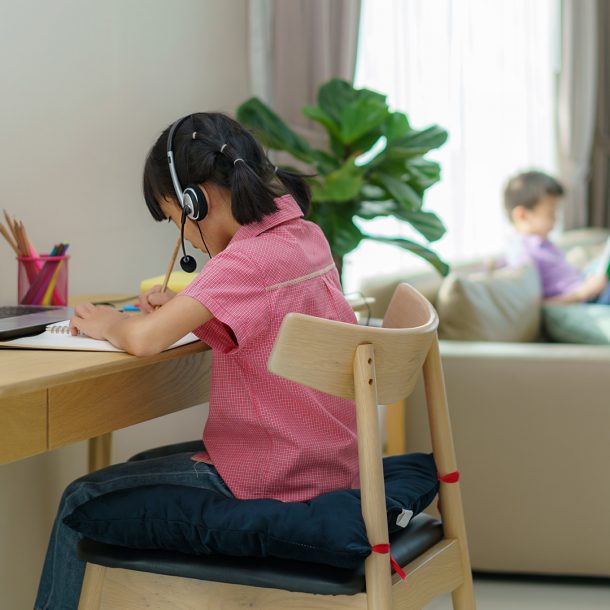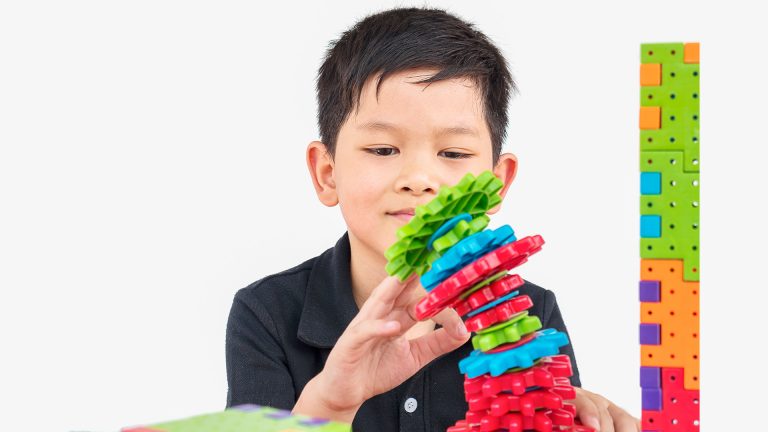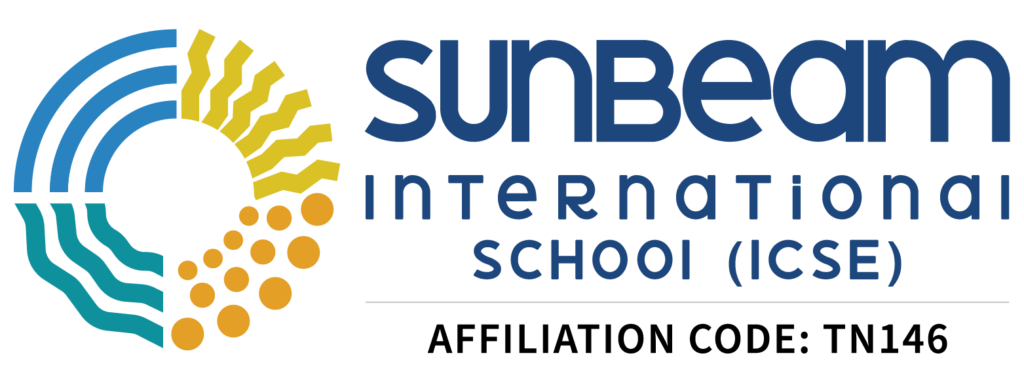
Play-based learning is a fun approach to education that allows children to learn through play. Instead of sitting at a desk and being lectured, they are given opportunities to explore and experiment through hands-on activities. This can include things like building with blocks, creating art, or playing with sensory materials.
Play-based learning is based around four core elements:
- Children have the choice: They choose the games they play. Educators are tasked with creating a welcoming environment and supervising the play. They may even suggest ideas but everything else is decided by the children.
- Exploration: Children select activities and are free to explore for themselves.
- Enjoyment: The main idea behind this approach is to allow children to have fun. This means that adults cannot impose their choices if the child doesn’t enjoy it.
- No correct answer: The important part is the process of play. There is no one answer.

Why is play-based learning so important?
For starters, it’s been shown to be incredibly effective in helping young children develop the skills they need to succeed academically and socially. When children engage in play-based learning activities, they are able to learn through trial and error, and develop problem-solving and critical thinking skills that will serve them well throughout their lives.
In addition, play-based learning allows children to develop important social and emotional skills. Through playing with others, they learn to communicate, collaborate, and negotiate with their peers. They also learn how to regulate their emotions and develop a sense of empathy for others.
But perhaps most importantly, play-based learning is fun! When children are engaged in activities that they enjoy, they are more likely to be motivated to learn and to retain what they’ve learned. This sets the foundation for a lifelong love of learning.

Addressing concerns regarding play-based learning
As with any educational approach, there are some concerns about play-based learning. One concern that some educators and parents have is that it may not prepare children for the more structured environment of traditional classrooms. However, studies have shown that children who have engaged in play-based learning activities are actually better prepared for the transition to formal schooling than those who have not.
Another apprehension is that play-based learning may not be as effective for children with learning disabilities or other special needs. While this is a valid concern, it’s important to note that play-based learning can be adapted to meet the needs of individual children. For example, a child with a visual impairment may benefit from sensory activities that involve touch and sound, while a child with ADHD may benefit from activities that allow for movement and physical activity.
All in all, play-based learning is an incredibly important approach to early childhood education that can benefit children in a variety of ways. Whether you’re a parent looking for fun activities to do with your child at home, or an educator looking to incorporate more play-based learning into your classroom, there are plenty of resources available to help you get started. So go ahead and play, learn, and have fun!

– SBIS Editorial team


